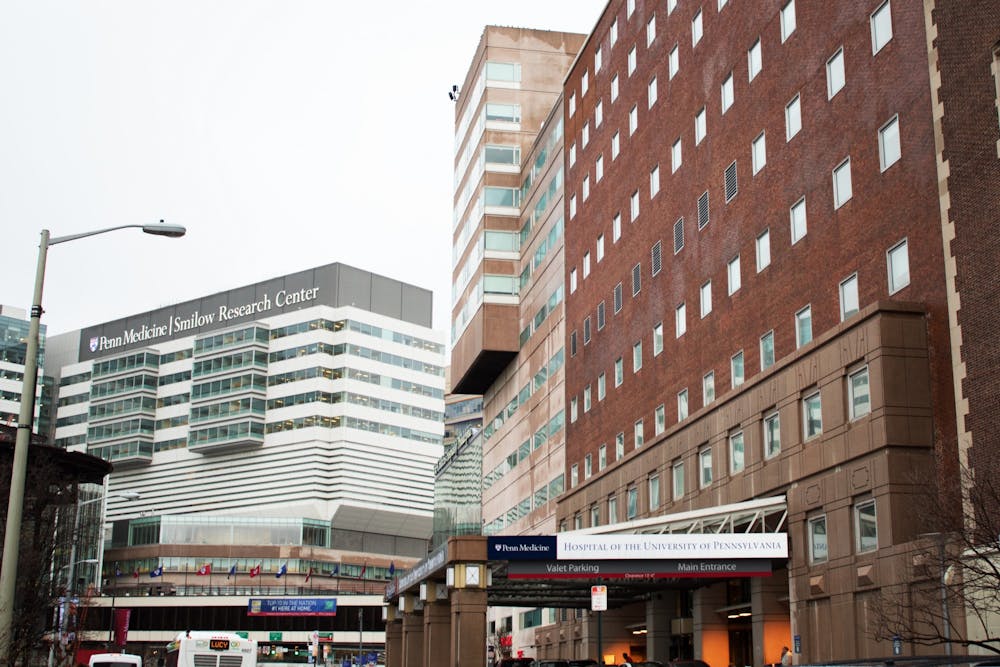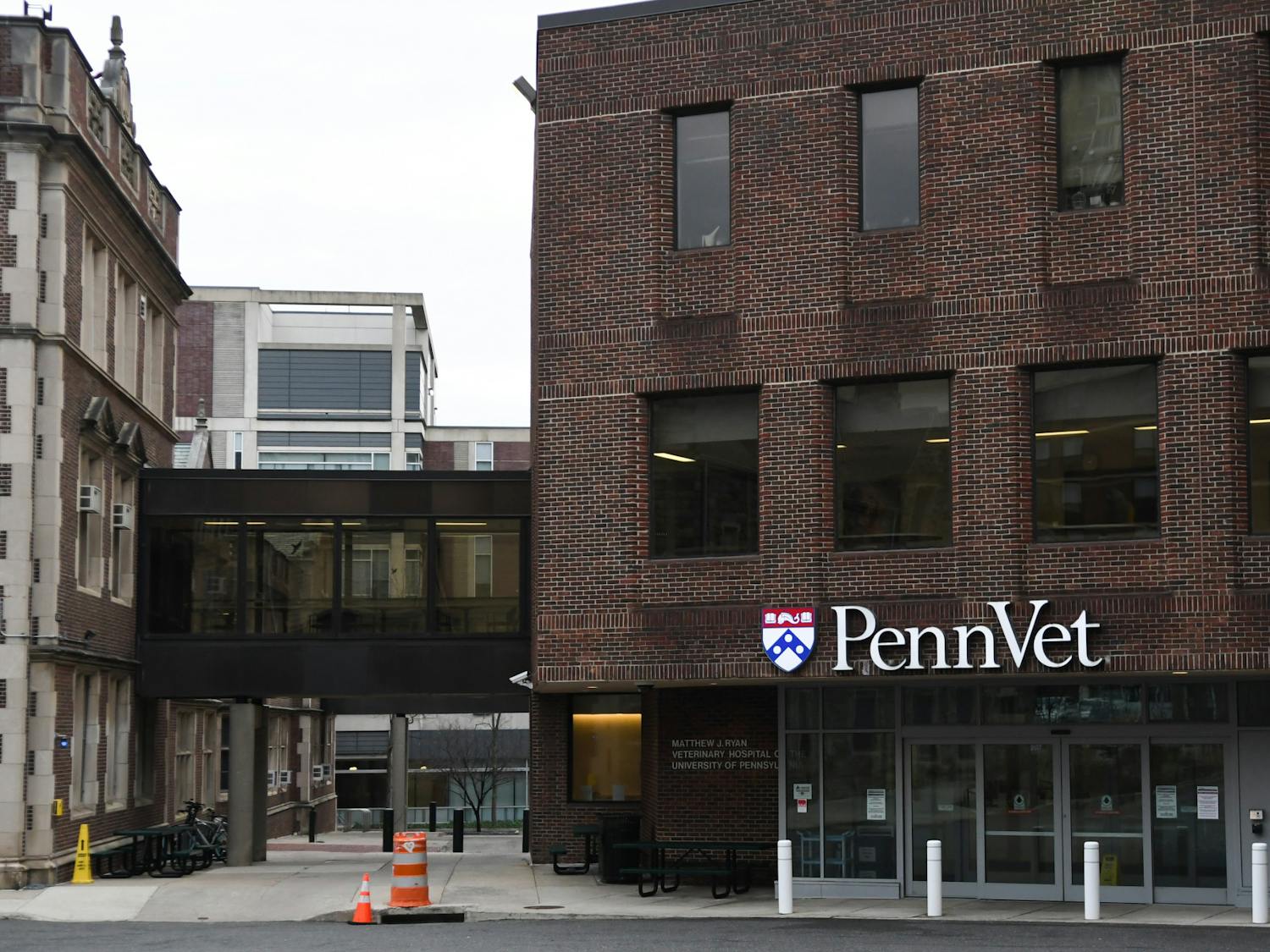As local hospitals continue to be overwhelmed with coronavirus patients, Penn researchers are helping infected patients decide whether or not a hospital visit is necessary.
The Penn Medicine project, called COVID Watch, is for COVID-19 positive patients who are self-isolating at home and wary of complications that may arise due to the virus. It sends automated check-in text messages to the patient twice a day to assess the severity of their symptoms and determine if the patient needs immediate medical attention based on their responses.
After its launch on March 23, more than 3,900 local patients have enrolled in the text-based program.
The program features questions designed to assess a patient’s risk of pulmonary distress, hypoxemia, and other virus-induced complications that would warrant a patient’s hospitalization. In the case that a patient reports an escalation of symptoms, such as intense shortness of breath, COVID Watch notifies Penn Medicine nurses who respond within an hour.

For example, if patients respond "worse" to the question, "How are you feeling compared to 12 hours ago?" or respond "yes" to the question, "Is it harder than usual for you to breathe?" they will recreceive a phone call from Penn Medicine staff within an hour.
In the case that urgent medical attention is needed, the patients will then be referred to a local emergency department or Penn Medicine on Demand. If not, the patients will be referred back to their personal primary care provider.
Roughly 12% to 15% of patients enrolled in the program have been referred to a phone call evaluation based on their responses to the check-in questions, The Philadelphia Inquirer reported. Of the patients who receive phone calls, the majority were advised to stay at home rather than to seek emergency hospital treatment.
RELATED:
Penn study finds that speech can transmit viruses
Professors adjust course plans as fall semester details remain uncertain
David Asch, director of Penn’s Center for Health Care Innovation, told the Inquirer that the program has yet to miss any patients who should have been hospitalized.
Health care providers are now able to refer patients to the program at the time that a test is ordered, while the results are pending, or if the patient has prior respiratory concerns that increase the risk of complications with COVID-19, according to the COVID Watch website.









